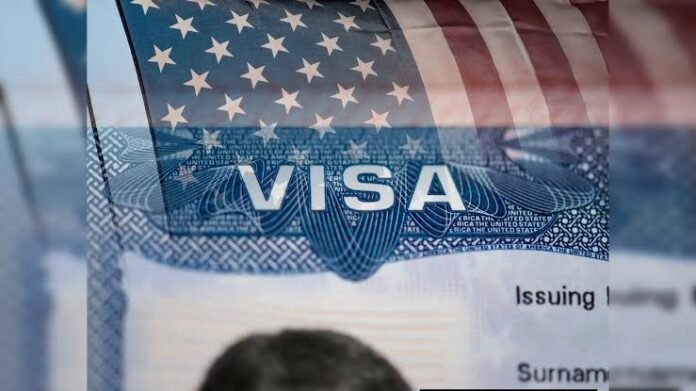The United States has announced the resumption of student visa processing at its embassies and consulates across the world. However, this comes with a new and controversial condition. All applicants must now set their social media profiles to “public” before they can be granted a visa.
This new rule is part of the Trump administration’s plan to toughen security checks on foreign students. It affects all individuals applying for F, M, and J nonimmigrant visas, which are mainly for international students and cultural exchange participants.
A senior official from the US State Department confirmed the update during a briefing on Wednesday. He said consular officers have been directed to carry out what he described as “comprehensive and thorough vetting” of all applicants under the updated policy.
To make this process easier, applicants must now ensure their social media activity is visible to officials. “All applicants will be asked to adjust the privacy settings on their social media profiles to ‘public,’” the official said. “Posts may now resume scheduling F, M, and J visa applications.”
Security Review Targets Online Speech on Israel-Palestine Conflict
This new step follows a government order issued on May 27, which temporarily halted visa appointments while the administration reviewed how it checks social media accounts. The delay allowed for policy adjustments before reopening applications.
US Secretary of State Marco Rubio had earlier promised that revised instructions would be shared once the review ended. Now, with the announcement made, student visa applicants worldwide will have to comply or risk being denied entry.
The US government claims the policy will help detect individuals who may pose a threat. One area of concern for the administration has been online comments supporting Palestine or criticising Israel in the context of the war in Gaza.
Officials argue that such remarks could signal sympathy for Hamas, which the US considers a terrorist group.
In some cases, even green card holders or visa holders have reportedly faced removal proceedings for expressing these views. The government insists that this stance is tied to protecting US foreign policy interests and preventing potential threats.
Free Speech Concerns Rise Amid New US Visa Rules
Critics of the policy say it crosses a dangerous line. They argue that requiring people to reveal private social media posts is a direct attack on freedom of expression.
Advocacy groups say the new policy is a violation of First Amendment rights, especially when opinions are used as grounds for denying or cancelling visas.
One lawyer familiar with immigration cases said, “Penalising individuals for their political opinions undermines the constitutional right to free speech.”
Others have warned that international students could now feel forced to censor themselves online, fearing their academic dreams in the US might be threatened by something as simple as a tweet.
With the new rule now in effect, human rights advocates, legal experts, and universities may continue to challenge it. Many believe the requirement blurs the lines between national security and personal liberty, and could strain the US image as a destination for global education.
Rate, Like 👍, Comment, share this article and Follow us on our social media handles.






